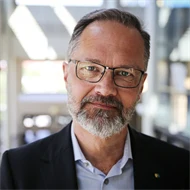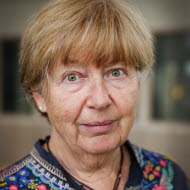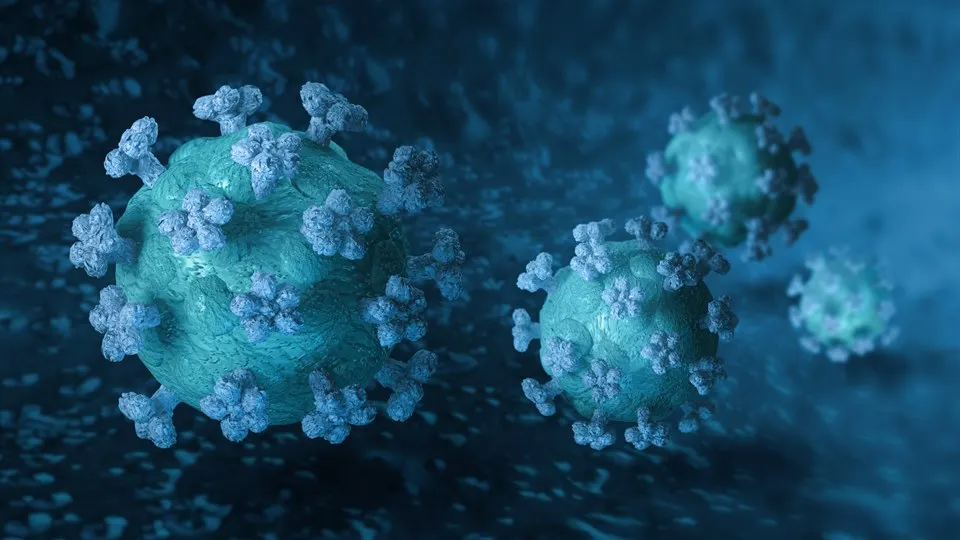Evaluation of Sandviken municipality's crisis management work during the Corona pandemic
The study analyzes Sandviken's crisis management's handling of the Corona pandemic in the beginning of 2020, what support they had from existing structures and how collaboration and coordination was exercised. The purpose was to document the experiences and lessons learned during the ongoing work.
The study analyzed Sandviken's crisis management's handling of, and governance during the Corona pandemic and focused on the support structures, routines, rules and plans gave to crisis management in their work. Furthermore, the collaboration and coordination exercised during the Corona pandemic was examined. The purpose was to document the experiences and lessons learned during the ongoing work to deal with the Corona pandemic. More precisely, the crisis management's work focuses on an overall level (municipal group, municipal management) based on the following areas:
• Crisis management at an overall level, strategic decisions, division of responsibilities, priorities, operational efforts, communication / information efforts.
• Supporting structures and conditions for crisis management, for example policy, rules and laws, crisis plans, management structures and established routines for e.g. forms of collaboration
• Collaboration and coordination (both internally and externally) of the municipality's efforts and resources in the management of the Corona pandemic
• The Crisis Management Board's participation in the work
The results show that there is a strong feeling among those involved that they themselves have knowledge that is relevant both for continued management of the current crisis, and preparation for future crises. Neither more nor more reliable data, or better scientific models, can solve problems such as division of responsibilities and consequences, or e.g. the need to reorganize institutional structures and methods. However, this also means considering a new way of acquiring relevant knowledge, e.g. by listening to different stories and views from people. It requires a commitment to society and a solid democratic practice, which thereby promotes both individual and collective social learning.
The results of the work are reported in a report published in the spring of 2021.
Facts
Project period
200401—201231
Research centers
Departments
Subjects
Project leader

Project members


